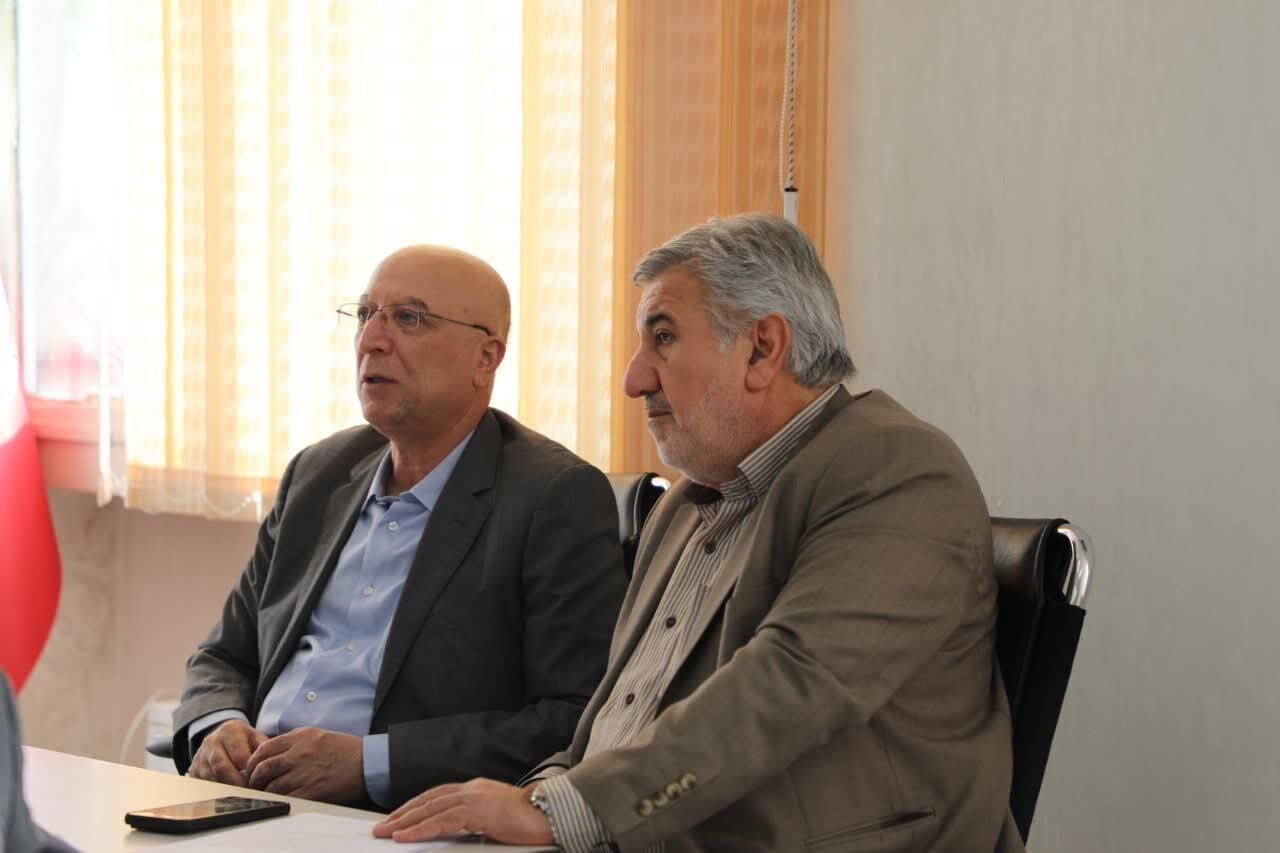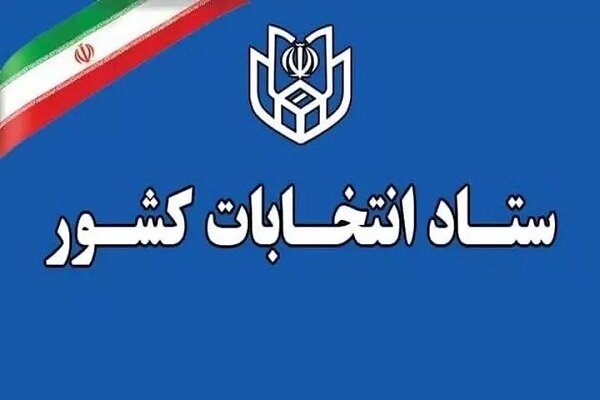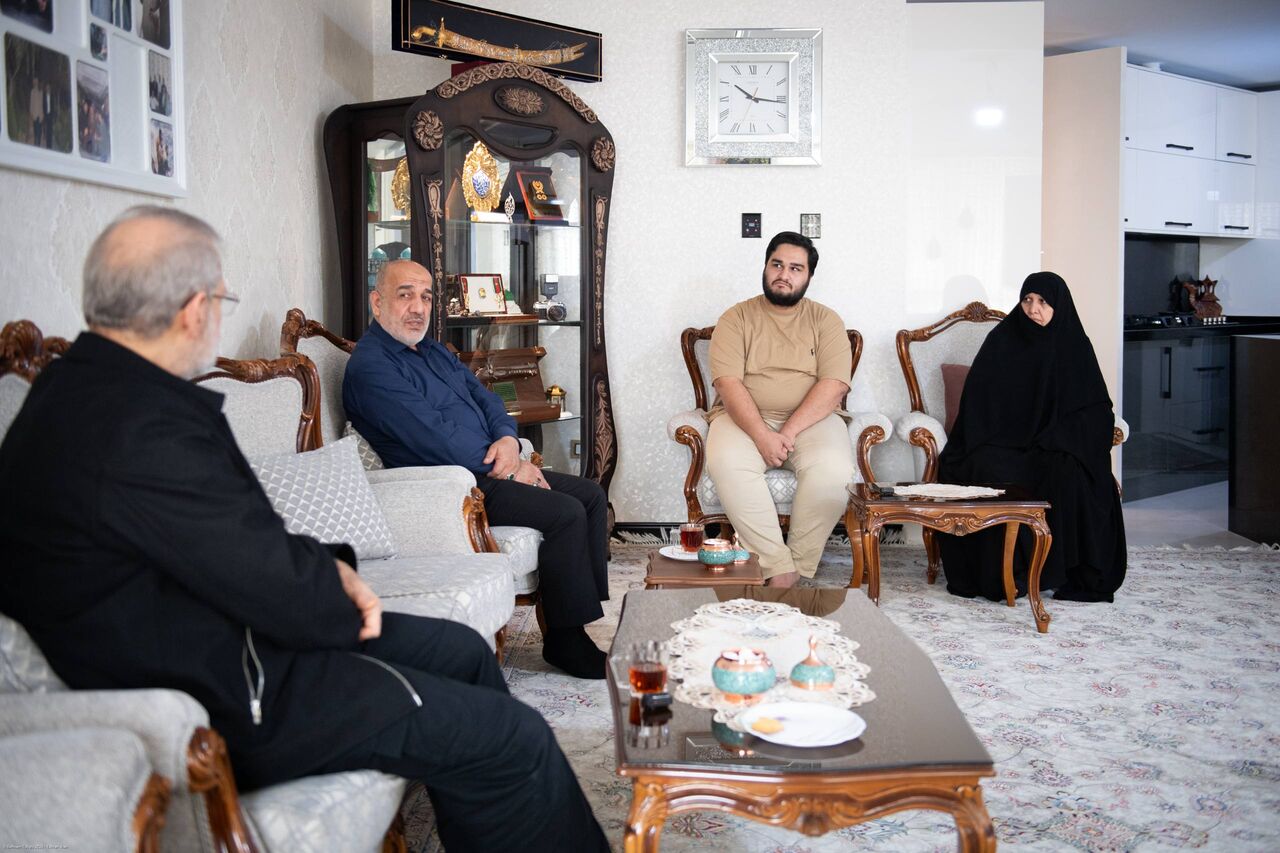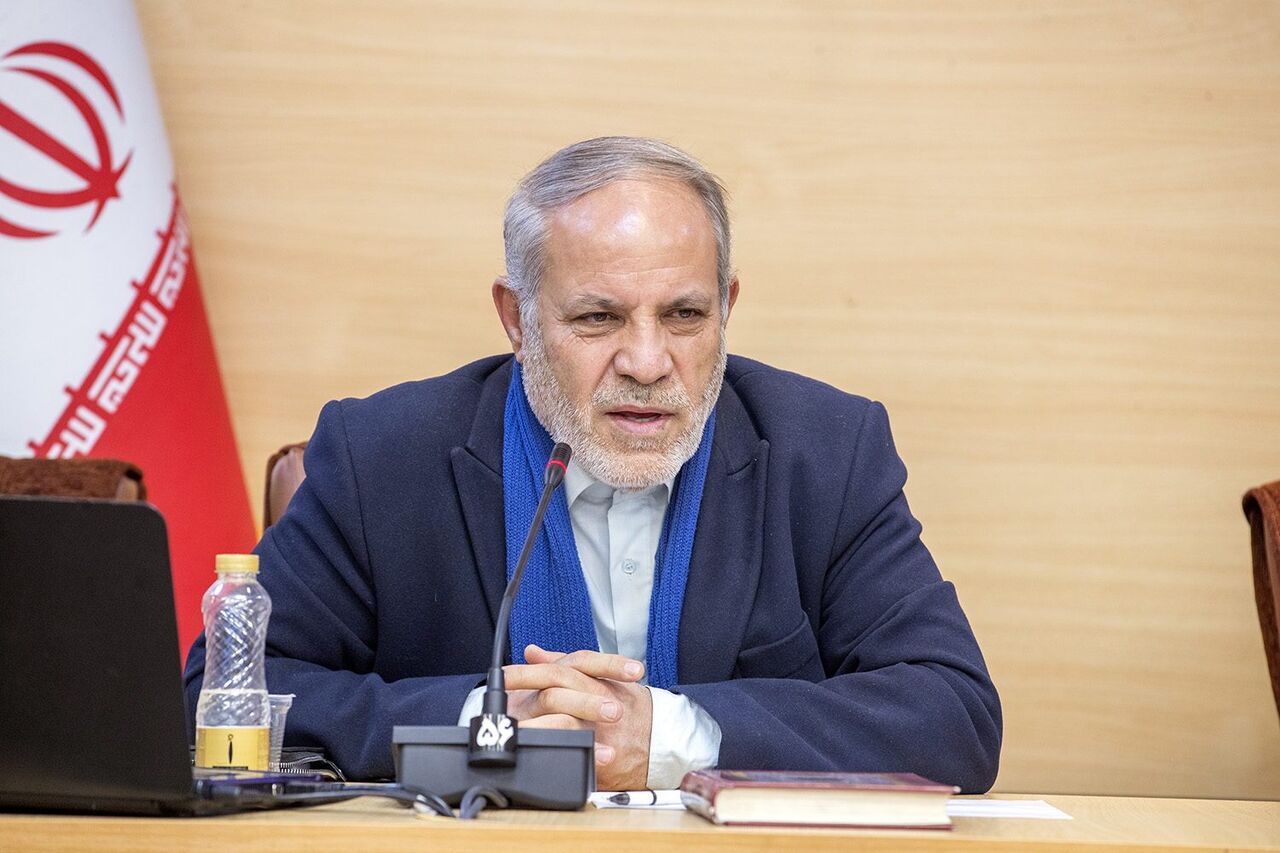In a genocidal society, Israel's crisis runs deeper than the courts
In a genocidal society, Israel's crisis runs deeper than the courts

The wave of legislation advanced in the Israeli Knesset under the current government, which accelerated during the genocide in Gaza, has gained fresh momentum since the ceasefire.
While many describe these measures as a “judicial coup” - a transition from democracy to authoritarianism - such framing misses the deeper political trajectory shaping Israel today: not merely a shift in regime, but a broader societal consensus aimed at dismantling the Palestinian question altogether.
Leveraging the weakness of the current Palestinian leadership, Israel seeks to establish a new constitutional framework that grants the government unchecked power - both to formalise annexation in the West Bank, and to further erode the civil status of Palestinian citizens inside Israel.
Those who insist on calling this legislative wave a product of “regime change” implicitly assume that Israel has ever been a liberal democracy.
Even when limiting analysis to the constitutional framework within the Green Line - the ceasefire line of 1949 - one cannot ignore the inherent inequality embedded in Israel’s Basic Laws, which grant legal supremacy to Jews worldwide - even those who are not citizens - over the indigenous Palestinian population.
Such observers also assume that the “guardians of democracy” - the judiciary and the media - are impartial in safeguarding justice. History, however, tells a different story: one of deep inequalities embedded within Israel’s political culture and legal system.
Long before the genocide in Gaza or the current legal overhaul, Israeli mainstream media consistently incited against Palestinians, normalising dehumanisation. During the genocide, Israeli channels openly echoed genocidal slogans.
Enshrining apartheid
Similarly, Israel’s Supreme Court has repeatedly disappointed Palestinian civil society groups, most obviously through its endorsement of the Jewish nation-state law, which explicitly asserts: “The right to exercise national self-determination in the State of Israel is unique to the Jewish people.”
The law further notes: “The state views the development of Jewish settlement as a national value and will act to encourage and promote its establishment and consolidation.”
Follow Middle East Eye's live coverage of the Israel's genocide in Gaza
This law, widely regarded as apartheid legislation, recognises only the Jewish nation throughout “the land of Israel” - a phrase that in Israeli legal and political discourse refers to the entire territory between the River Jordan and the sea. The law thus provides legal justification for future discrimination, embedding structural inequality at the constitutional level.
Hence, when analysing Israel’s internal struggle over judicial reforms, it is vital to revisit the false premises framing this debate. The newly proposed laws - however draconian - do not signal the end of democracy, but rather the reorganisation of Israeli power structures.
This is not a 'judicial coup'; it is Israel's adaptation to a world where genocide has become politically sustainable
The Israeli right understands the material and political power concentrated on the left - in sectors such as academia, tech and finance - even as it commands demographic dominance. Many right-wing voters, particularly in ultra-Orthodox communities, remain economically marginalised and outside the workforce. This imbalance drives the ruling coalition’s efforts to legally consolidate its rule through populist mobilisation.
Against this backdrop, Israel’s legislative push aims to redefine the future of the Palestinian people. Last month, the Knesset advanced a bill to extend Israeli sovereignty to large parts of the occupied West Bank, with support from both coalition and opposition politicians. Since taking office, Finance Minister Bezalel Smotrich has advanced de facto annexation on the ground; the only real barrier to de jure annexation remains US resistance.
And this week, the Knesset passed a first reading of a bill that would enable the execution of Palestinian prisoners convicted of killing Jews, putting hundreds at risk.
Another law banning Unrwa operations in the occupied West Bank and Gaza - where the agency has played a key role in providing education and humanitarian services - further strips Palestinians of basic protections, with support from across Israel’s political spectrum.
Entrenching impunity
For Palestinian citizens of Israel, the implications are stark. Legislation such as the “reasonableness clause”, which limits the judiciary’s ability to review government decisions, and the “override clause”, which would allow the Knesset to pass laws contravening Israel’s Basic Laws, pose a grave threat.
We are moving closer towards a situation in which Israel’s political leaders will have full freedom to pass racist and anti-democratic laws, which previously might have been struck down by the Supreme Court - not out of sympathy for Palestinians, but to avoid international diplomatic embarrassment, and to maintain the illusion of legal checks and balances.
In a similar vein, the proposal to split the attorney general’s role into several separate positions would serve to weaken legal oversight of war crimes committed in the occupied territories, further entrenching Israeli impunity.
Since the beginning of the Gaza genocide, Israel’s political consensus on the Palestinian issue has provided lawmakers across the political spectrum with unprecedented freedom to legislate without fear of electoral repercussions. Indeed, such legislation often boosts their popularity.
When opposition leader Yair Lapid recently proposed restricting voting rights in Israel to those who have served in the army, he was catering both to secular liberal voters resentful of ultra-Orthodox draft exemptions, and to those seeking to disenfranchise Palestinian citizens altogether.
The Knesset previously passed a law allowing the revocation of citizenship from Palestinian citizens accused of “security offences”, thus violating international law by rendering individuals stateless. And just days ago, Israel’s parliament passed the first reading of a bill allowing authorities to shut down foreign media deemed “harmful” to national security.
Even without the formality of legislation, Israeli institutions have imposed draconian measures against Palestinians, with broad public support. A recent Haaretz report noted that 96 percent of all incitement cases opened by Israeli police in the past three years have targeted Palestinian citizens, while countless calls for genocide by Jewish Israelis were ignored.
The legislative onslaught thus reflects Israel’s evolving political culture. The Israeli establishment knows that Palestinians will pay the price, while internal Jewish factions will eventually reach compromises, mediated by diaspora pressure and economic power-sharing. This is not a “judicial coup”; it is Israel’s adaptation to a world where genocide has become politically sustainable.
The views expressed in this article belong to the author and do not necessarily reflect the editorial policy of Middle East Eye.












